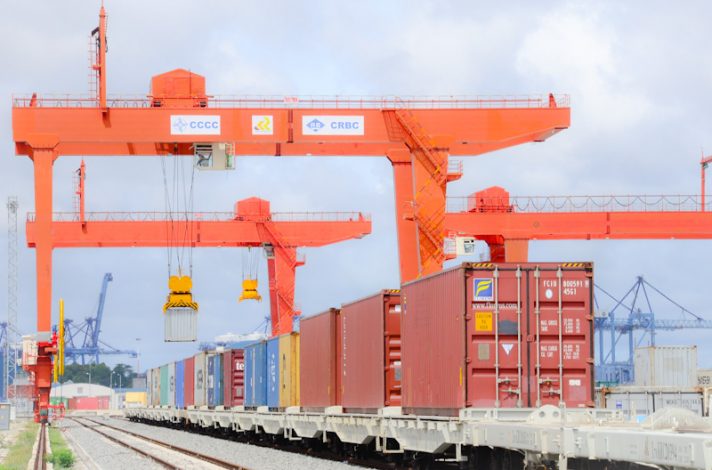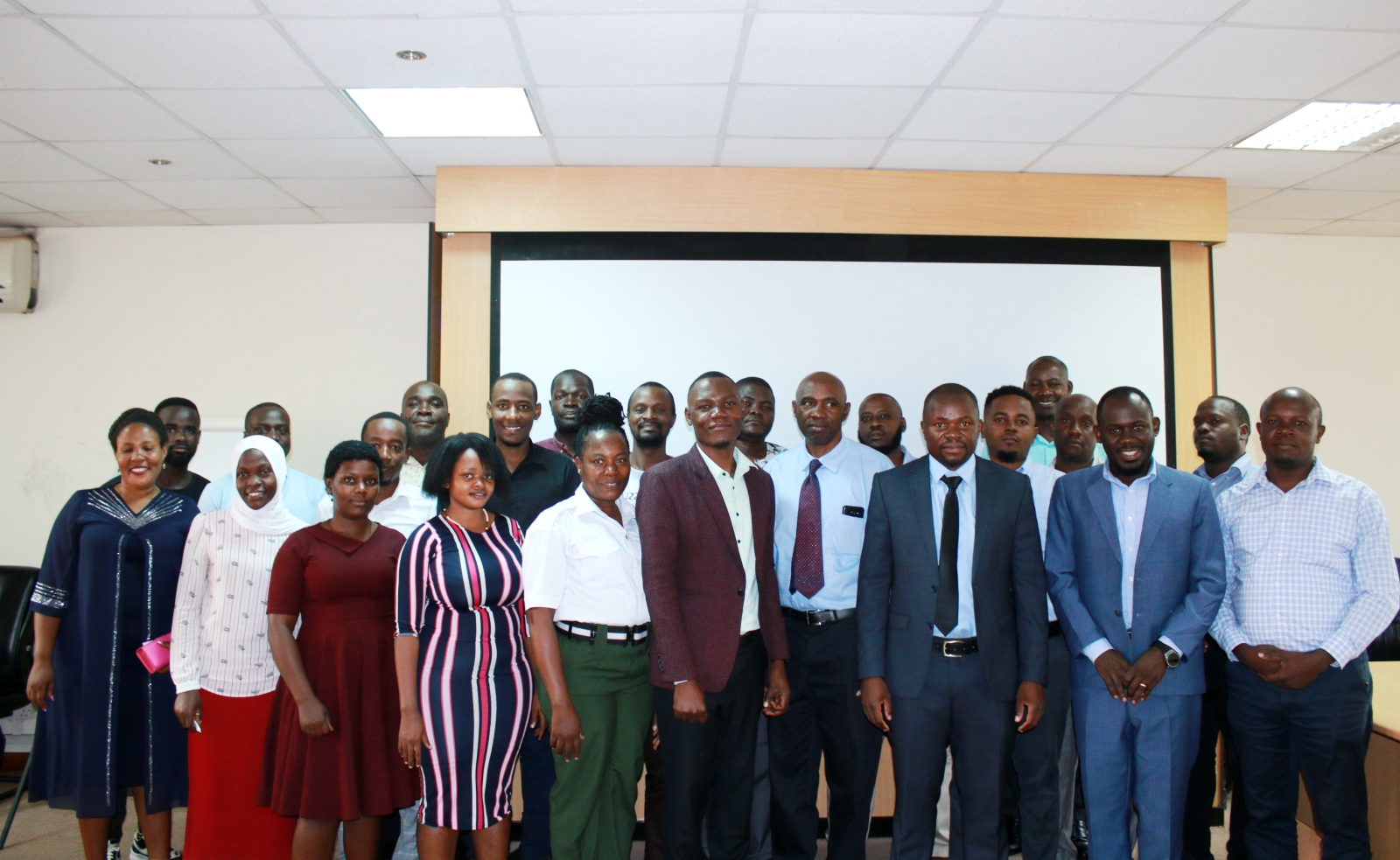Officials from Kenya, Uganda, and Rwanda recently convened to discuss the potential utilization of the Naivasha inland container depot as part of efforts to enhance logistics efficiency along the Northern Corridor. This development comes amidst support from Uganda, Rwanda, and South Sudan for Kenya’s initiative to provide end-to-end logistics services, despite concerns raised by clearing and forwarding agents about potential implications for their businesses.
The meeting aimed to address challenges faced by landlocked countries in accessing efficient port services and to establish agreements that would facilitate the utilization of the Naivasha inland container depot. Although the Kenya Ports Authority (KPA) initially opposed the idea, the government’s procurement of over 250 railway wagons and agreements with transporters to provide last-mile services have paved the way for the implementation of end-to-end logistics solutions.
However, concerns have been raised by clearing and forwarding agents regarding the compulsory railage of cargo destined for regional countries, reminiscent of past disputes that led to legal battles with the government. Despite these challenges, the Northern Corridor Transit and Transport Coordination Authority (NCTTCA) executive secretary, Omae Nyarandi, expressed optimism about the potential benefits of the policy, emphasizing the need to address existing issues effectively.
Nyarandi highlighted the importance of addressing last-mile issues and ensuring seamless integration with the single-window system for cargo clearance. While acknowledging the complexities involved, Nyarandi emphasized the importance of focusing on the long-term benefits of the initiative for all stakeholders.
Agayo Ogambi, the head of policy and advocacy at the Shippers Council of Eastern Africa (SCEA), underscored the significant potential of transit business, citing a notable increase in transit traffic in recent years. He emphasized the importance of reliable, efficient, and competitive services at the Naivasha inland container depot to attract stakeholders and facilitate the consolidation of transit business.




















